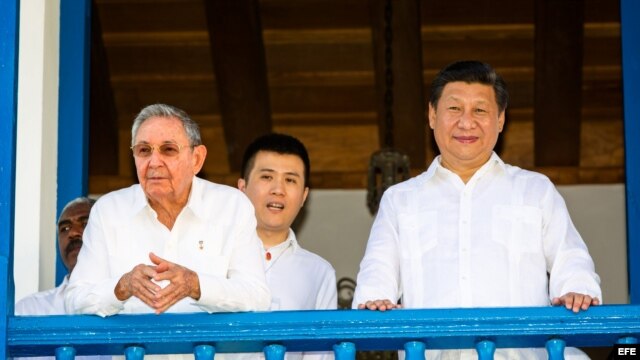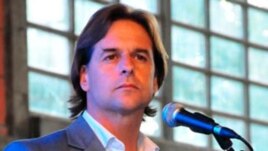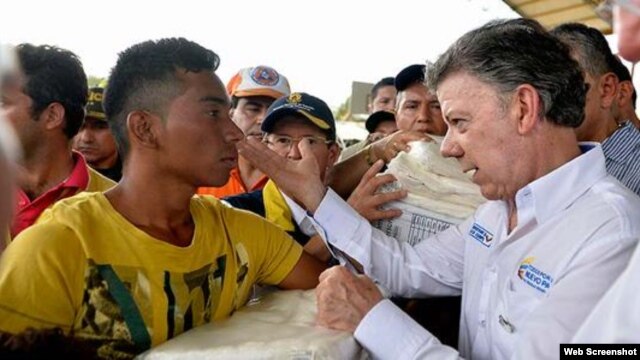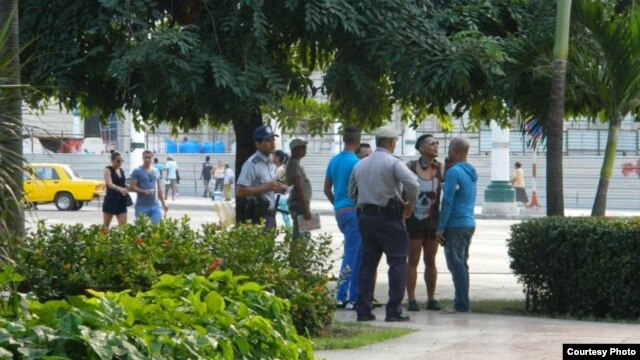¿Cuál será el modelo económico a seguir por el régimen cubano?
Está por ver cuál será la próxima jugada del neo castrismo después de 2018. Por ahora no han apostado al modelo chino o vietnamita.
agosto 30, 2015
China y Vietnam son patrones palpables que la economía de mercado funciona en naciones donde el control social y político es ejercido por un partido comunista. En ambos países se restringen derechos políticos y reprimen a los opositores.
En 1986, un año antes de que Mijaíl Gorbachov iniciara la Perestroika en la otrora meca del comunismo mundial, el gobierno de Hanoi comenzó su reforma económica llamada Doi Moi. China, en 1978, dos años después de la muerte de Mao, Deng Xiaoping inició gradualmente una transformación que sacudió las estructuras económicas del país.







 “Cubano-americanos” presentes en la recepción ofrecida por Mr. Jeffrey DeLaurentis en la residencia, tras la ceremonia en la Embajada de EEUU en La Habana: (Lista tomada del Blog de Emilio Ichikawa)
“Cubano-americanos” presentes en la recepción ofrecida por Mr. Jeffrey DeLaurentis en la residencia, tras la ceremonia en la Embajada de EEUU en La Habana: (Lista tomada del Blog de Emilio Ichikawa)








